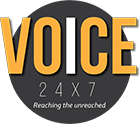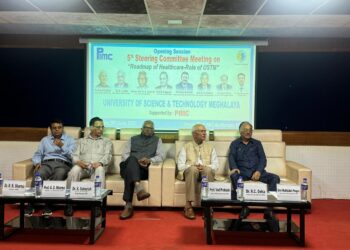UNESCO, The World Bank, and many global organisations continue to express concern over the learning crisis caused by the COVID-19 pandemic when school closures impacted over 1.5 billion students. In response to this issue, the theme for this year’s International Literacy Day is “Promoting literacy for a world in transition: Building the foundation for sustainable and peaceful societies”. Jaime Saavedra, the Human Development Director for Latin America and the Caribbean at the World Bank, in his May 2023 blog noted that even though the fourth Sustainable Development Goal (SDG) aims at ensuring that all children receive a quality primary education by 2030, poor reading proficiency rates show that a “dramatic acceleration in the quality of education and learning levels” will be needed especially in countries suffering from educational stagnation and “learning poverty”.
Explaining what is meant by ‘learning poverty’, Rajesh Bhatia, the founder of TreeHouse chain of schools says, “This term roughly refers to the inability of individuals to gain the requisite skills to be productive members of society. Poverty, gender discrimination, marginalisation, cultural norms and educational and digital inequities are just some of the reasons that lead to Illiteracy, lack of minimum reading proficiency, and low comprehension levels. What we need is inclusive and equitable, high-quality education for all citizens. With investments in education, scholarships, grants, infrastructural development, and a reformative approach, we can initiate faster learning recovery.”
Bhatia believes good education should reach all children regardless of their economic status, gender and learning abilities and says, “We also must align instruction and assessment with the needs of all children and strengthen not just fundamentals of learning but also their mental health and holistic development. We also need to know that education is much more than the ability to read, write, solve mathematical problems, and rote learning. It is a transformational force that can bring about far-reaching changes in the economy, and society and equip young people to also address environmental challenges with sustainable solutions, and have better-informed views about healthcare, politics, and world affairs. ”
Also aware of skill gaps that render even literate youth unemployable, Bhatia believes, that introduction to vocational skilling should start early. He says, “Be it banking, hospitality, aviation, coding, law, or any other industry, students can be initiated into their basics early. This will develop their critical thinking and inventiveness. At TreeHouse, we are trying to do exactly that. We also focus extensively on social cohesion because the purpose of education is to build a citizenry that can come together to build stronger communities and by default a progressive nation.”









